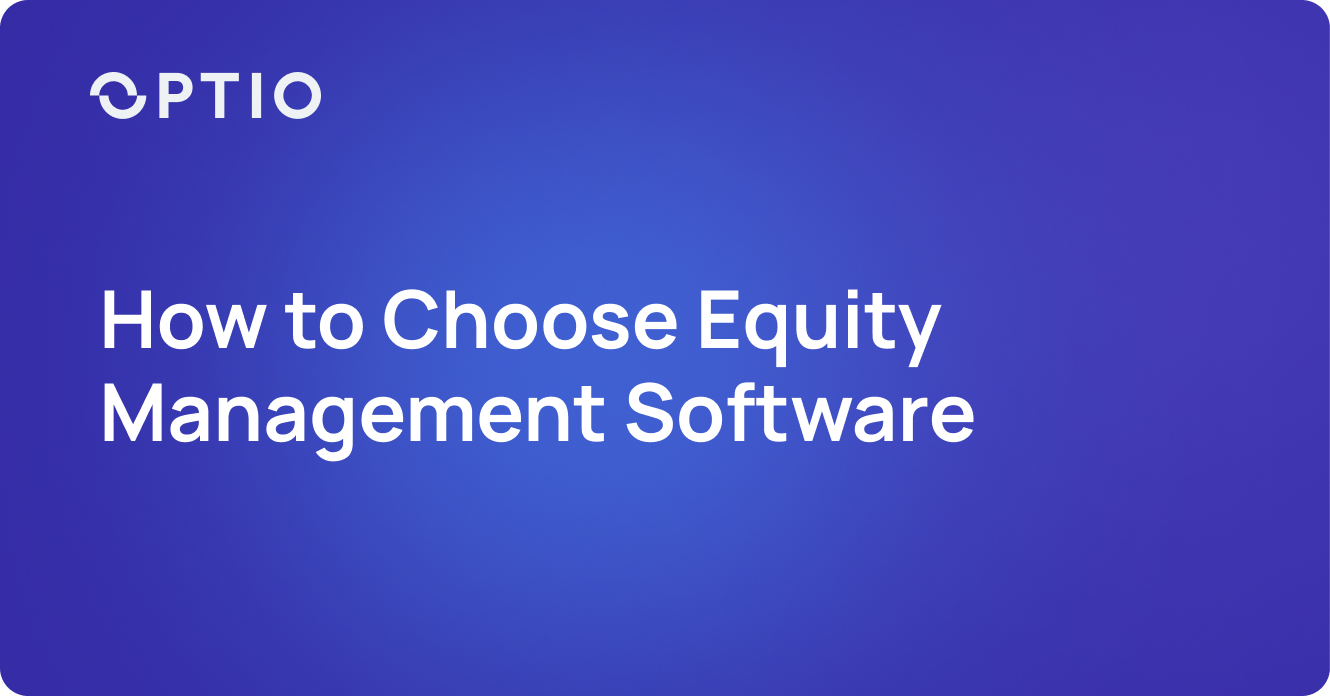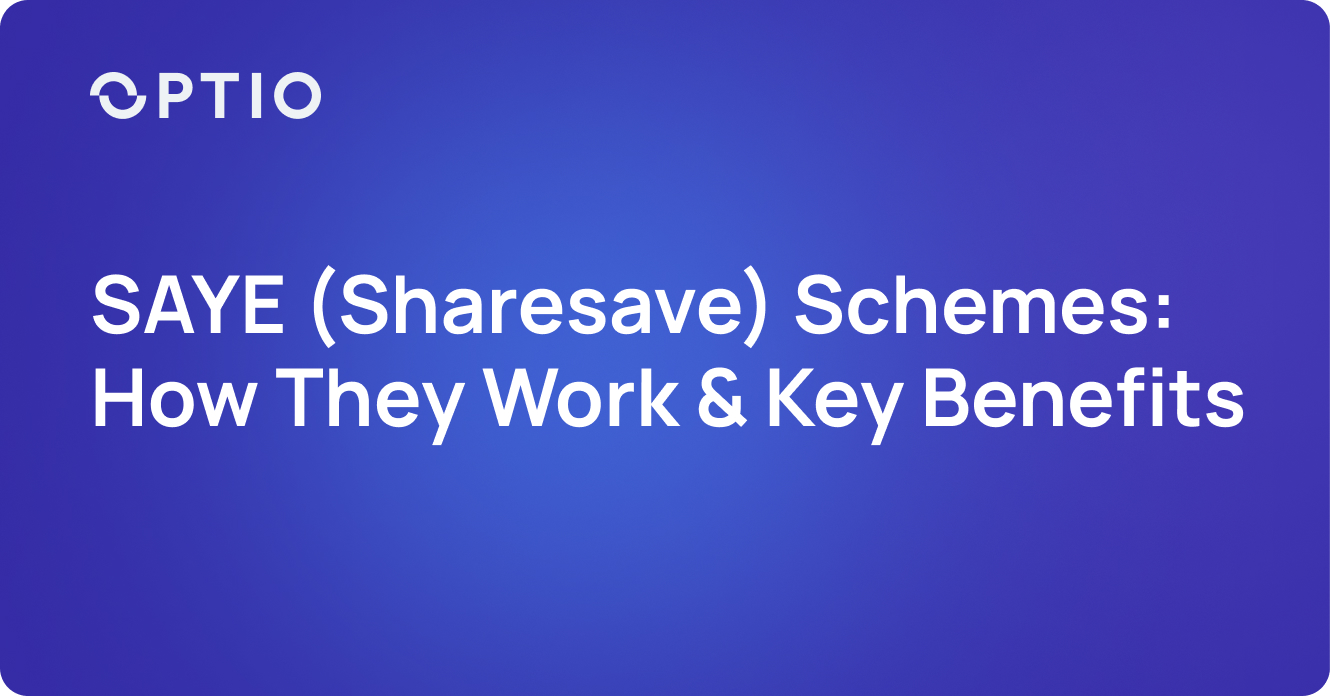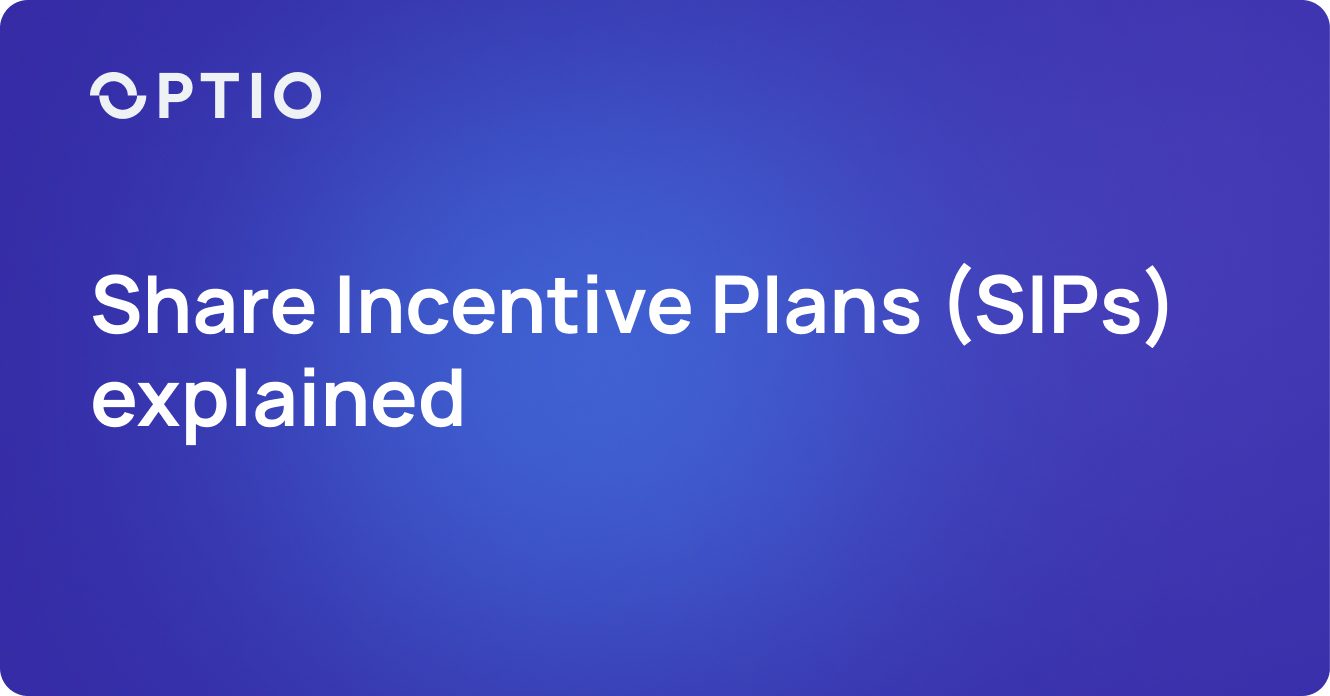The Danish government has unveiled a comprehensive initiative aimed at transforming Denmark into a premier hub for entrepreneurship. This ambitious plan introduces substantial tax reliefs and regulatory reforms designed to bolster startups and early-stage businesses.
Key Components of the Proposal
Support for Crowdfunding
The proposal includes improved regulations to enhance equity crowdfunding, offering startups better access to capital. This move aims to rejuvenate the Danish crowdfunding market, which experienced a notable decline last year.
Regulatory Reforms
Significant regulatory changes are proposed, such as lifting restrictions on ApS companies selling shares. This will enable more flexible financing options and broaden investor engagement.
Facilitating IPOs:
By simplifying the IPO process and reducing associated costs, the government aims to encourage more startups to go public. This is expected to drive growth and expansion in the startup sector.
Making Stock Options More Accessible:
One of the most applauded aspects of the proposal is the increased accessibility to stock options. The government plans to expand the tax reduction under the beneficial 7P tax arrangement, making stock options a more attractive incentive for both companies and employees. This is a critical step towards fostering a more dynamic entrepreneurial environment.
Positive Reception from the Industry:
The entrepreneurial community has welcomed the proposal with enthusiasm. Industry experts believe that these changes will revitalize Denmark's startup ecosystem, making it easier for new businesses to secure funding and grow. The focus on reducing bureaucratic hurdles and providing financial incentives is seen as essential for making Denmark a more attractive destination for entrepreneurs and investors.
Potential Impact
If implemented, the proposed measures are expected to:
- Provide early-stage entrepreneurs with greater access to capital.
- Reduce bureaucratic obstacles that hinder business growth.
- Foster a more dynamic and competitive business environment in Denmark.
- Encourage more companies to pursue IPOs, enhancing their growth potential and market visibility.
Overall, these initiatives represent a significant step forward in creating a supportive environment for entrepreneurship in Denmark. We are excited to follow the progress of these proposals and are optimistic about their potential to transform the Danish business landscape.



